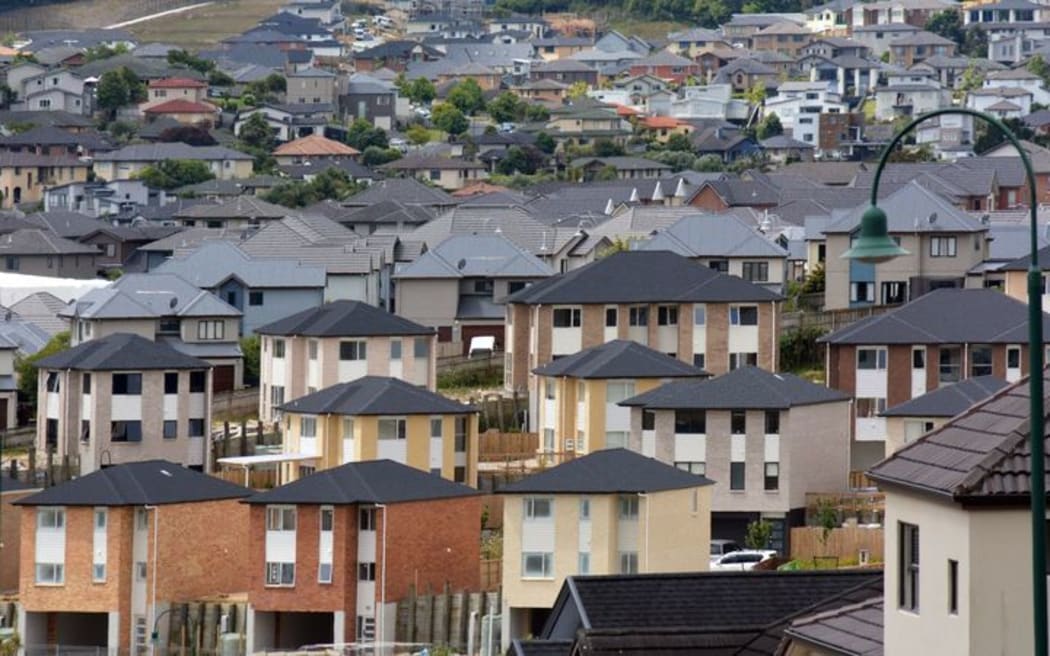Loans to investors fell to $1.15 billion in February - 35 percent down on a year earlier - following new house lending restrictions.

Rules introduced last October required property investors to have a 40 percent deposit. Photo: 123rf.com
The rules, introduced by the Reserve Bank in October, required property investors to have a 40 percent deposit before they could borrow the rest from a bank.
"There's been a marked reduction in the number of people purchasing investments, be it in Auckland or in the regions," said Loan Market director Bruce Patten.
Total mortgage lending slowed to $4.4bn in February, from $5.2bn a year earlier, Reserve Bank figure show.
The drop in investor lending accounted for 80 percent of the difference.
Before the new rules, investors accounted for about 38 percent of lending. That fell to 26 percent last month.
In Auckland, their share fell from a recent peak of 48 percent to 38 percent.
The major Australian-owned retail banks are also cracking down. Interest-only loans, which investors favour, plunged 27 percent.
Massey University associate professor of finance and economics David Tripe said the New Zealand banks were taking their cue from Australia's regulator, which supervised their parent companies.
The banks were concerned interest-only loans increased risk, he said.
"If people are paying on an interest-only basis there is none of the principal reduction going on which tends to lead to a reduction in risk that the banks face over time"
First home buyers are still finding it tough as house prices continue to rise, albeit at a slower pace.
Mr Patten said more parents than ever were acting as guarantors on children's loans.
The silver lining was that fewer investors meant first time buyers had a better chance to snap up a place of their own.
"Since the end of 2016 there might have been five or six bidders on any given property, and that was made up of a big chunk of investors. Now we're probably seeing only one or two and in some cases none."
Previous restrictions have had a limited shelf life before people found a way around them and their effectiveness usually diminished within a year.
The chief forecaster at Infometrics, Gareth Kiernan, said the nationwide hurdle on investors, and some acceptance that the days of runaway house prices may be over, could keep a lid on the market for longer this time round.
"Certainly looking at Auckland, [there is] some expectation that the market will remain more steady than it has in the last couple of years and possibly not seeing the same sort of rebound or pick up again once the effects of the LVR wane as it has in past times."
The Reserve Bank will hope so, though in public it remains sceptical.
Last week, governor Graeme Wheeler cast some doubt the housing market would cool much further.
Conditions in Auckland do not inspire confidence either.
Demand continues to outstrip supply, while the building response has stumbled due to funding constraints for property developers, and escalating costs for workers and materials have delayed projects.







